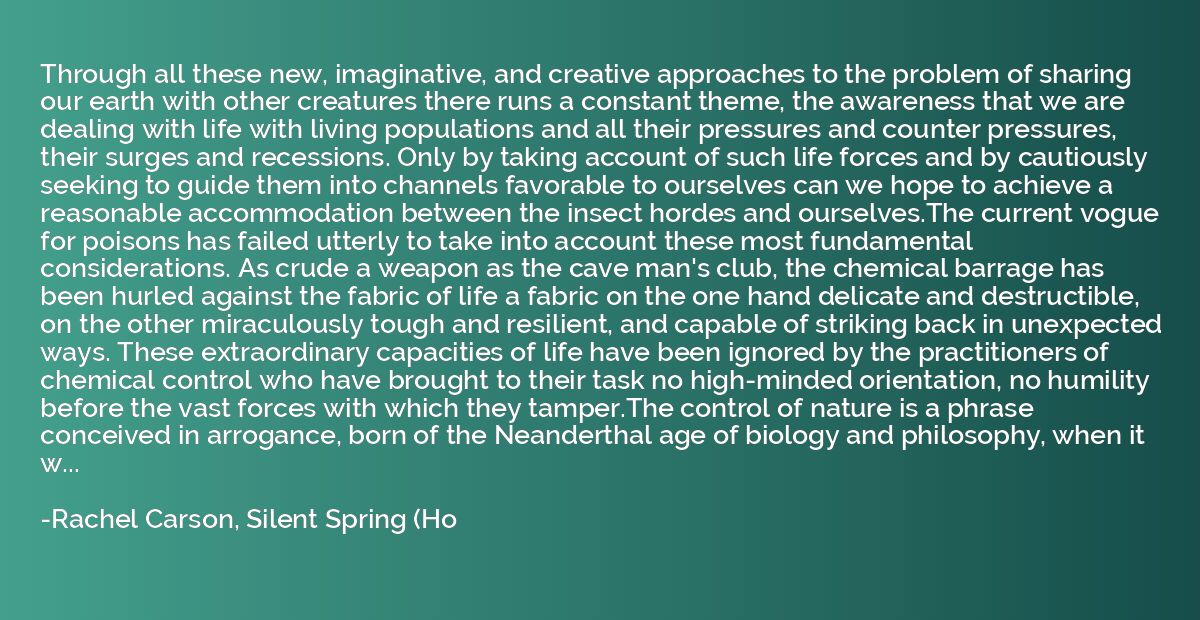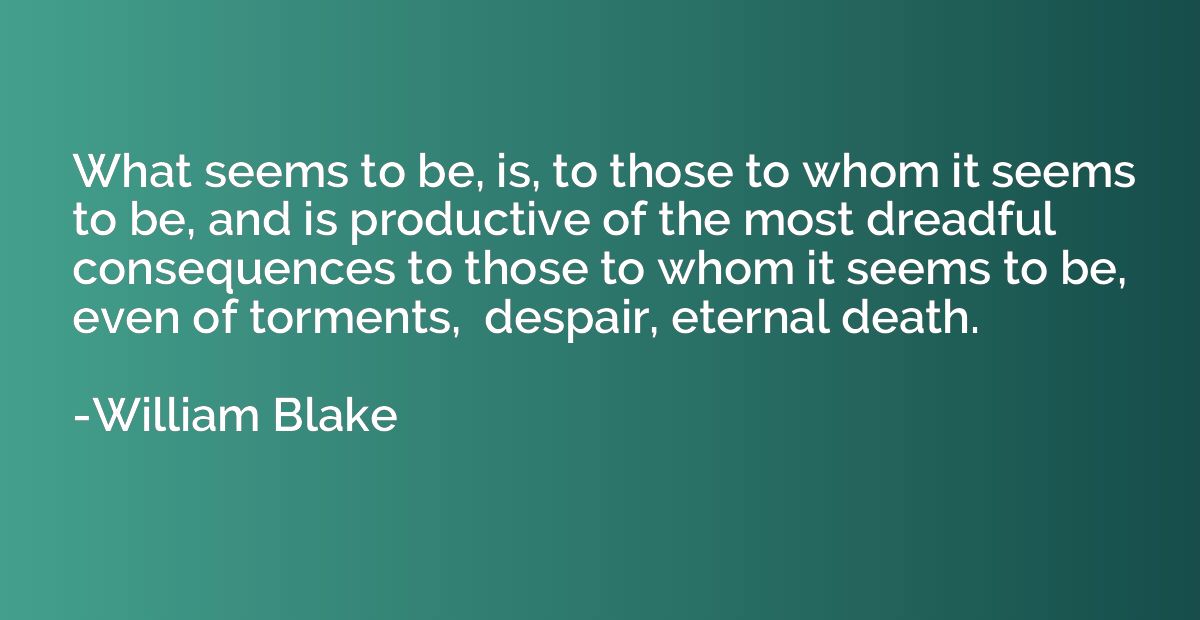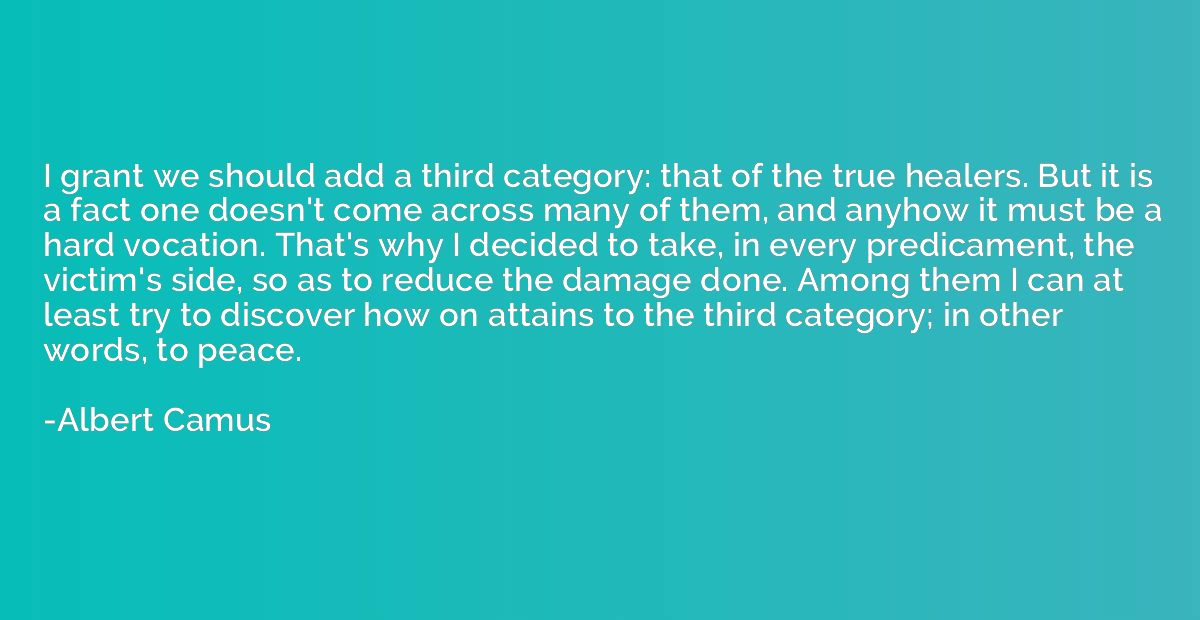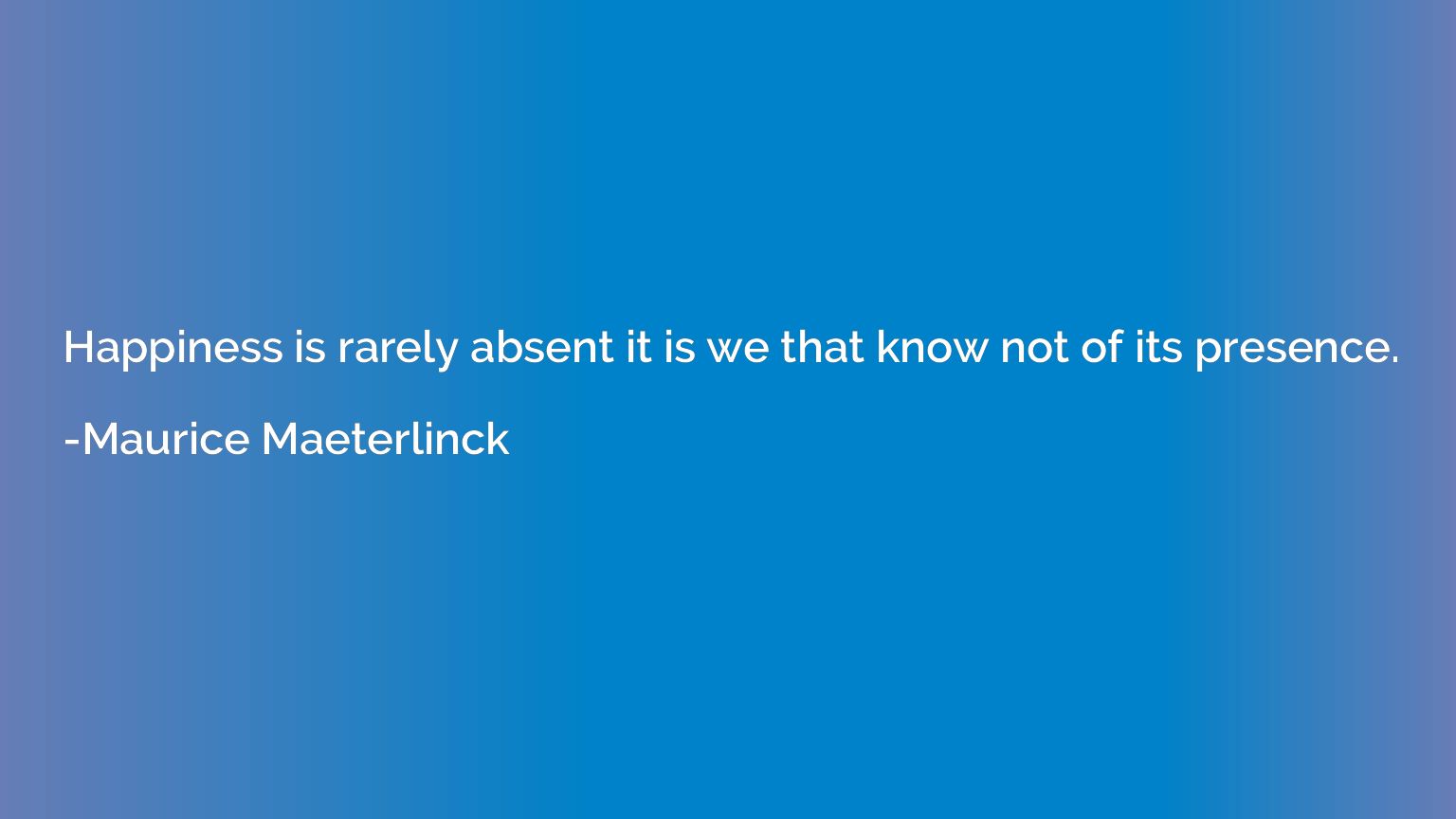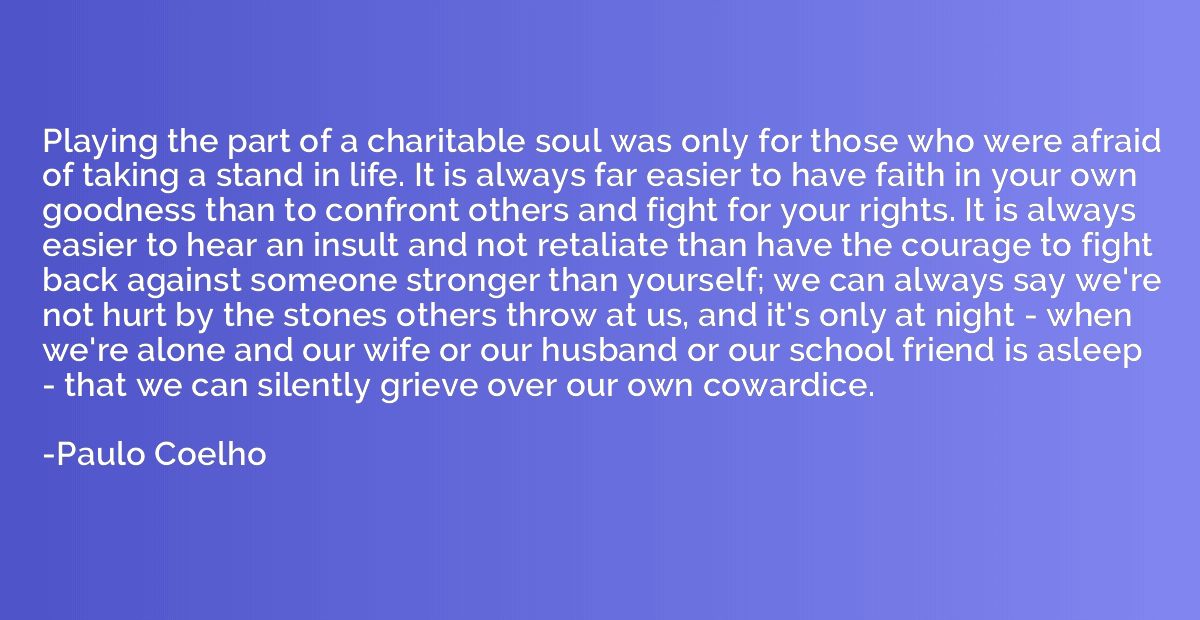Quote by Gary Kowalski
We are mortals all, human and nonhuman, bound in one fellowship of love and travail. No one escapes the fate of death. But we can, with caring, make our good-byes less tormented. If we broaden the circle of our compassion, life can be less cruel.
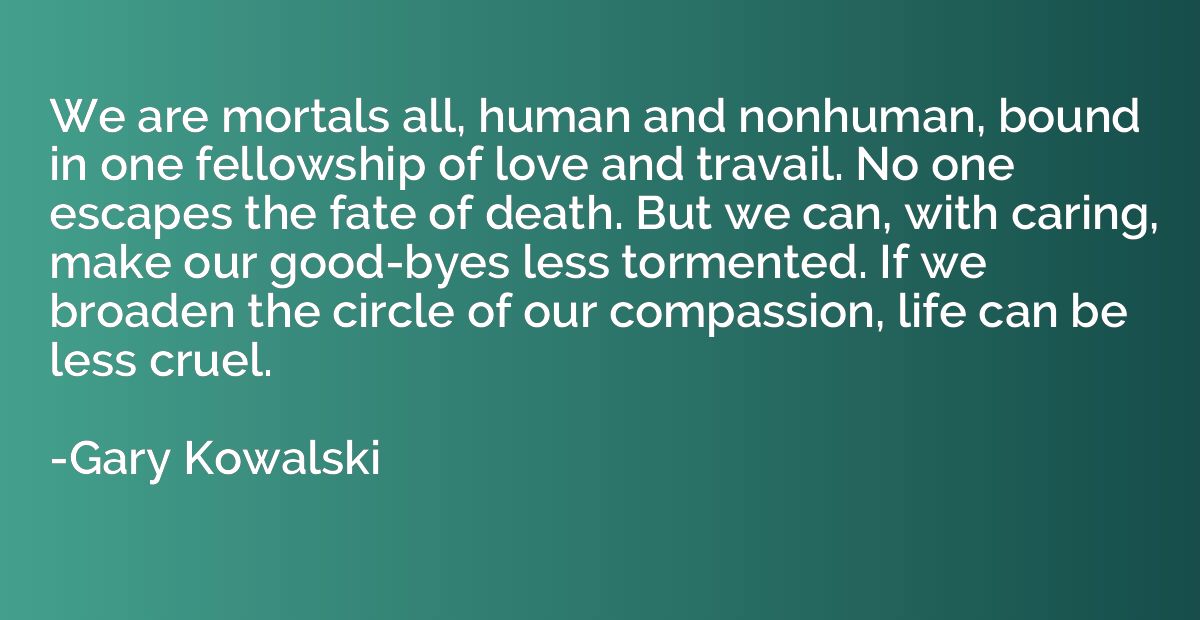
Summary
This quote emphasizes the universal nature of mortality and the interconnectedness of all living beings. It highlights that every living being, regardless of being human or nonhuman, shares a common fate of death. However, it suggests that by expressing care and compassion towards one another, we can alleviate some of the pain and anguish associated with saying goodbye. It emphasizes the potential for a more empathetic society, where extending our compassion to a wider range of individuals can lead to a kinder and less cruel existence for all.






